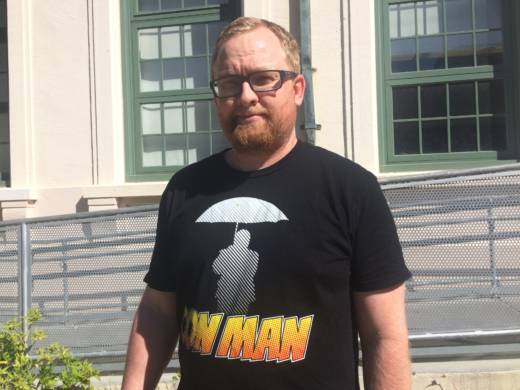Sticking to the facts—mass public shootings in the U.S. are still quite rare—and answering kids' questions in words they can understand is a good strategy for caregivers to help children cope with news of tragedies and avoid becoming unnecessarily fearful, according to psychologists.
"Let your children's questions be your guide," said Dr. Stephen Brock, a psychology professor at California State University, Sacramento. "As children grow and mature, it is appropriate to engage them in more sophisticated and direct conversations."
Parents can first check-in with their kids to gauge the extent that an event is frightening or confusing to them. Questions such as 'Have you heard about....?' or 'What are your friends saying about...?' should help parents assess how much information kids need and are ready for, said Brock.
"But don't force the conversation," said Brock, who helped develop a National Association of School Psychologists tip sheet on talking to children about violence.
"If you ask a child if they've heard about Las Vegas and they say no, just tell them 'OK, if you hear anything let me know. Happy to answer questions for you,'" he said. "And then don't push it."
Still, starting those conversations can be incredibly hard, said Dr. Robin Gurwitch, a psychiatry professor at Duke University who has worked with communities after the Sandy Hook Elementary School shooting and hurricane Katrina.
"We have to take a deep breath and give ourselves a little pep talk to start it," said Gurwitch. "Not talking to children can make things harder for them. In today's day and age, it is unusual for children to not hear about an event, particularly as they get older."
Gurwitch remembers having to tell her young daughter she was going back to work in the aftermath of the Oklahoma City bombing in 1995, which killed 168 people. Gurwitch and her family lived in the city at the time.
"She just knew that mommy was going to help. And in her five-year-old mind, she knew I would be safe because I had my cell phone and she could stay connected to me no matter where I was," said Gurwitch. "But it was important to have that conversation with her in words that she could understand about what happened."
Addressing this difficult subject will help children and teens feel that they can be open with their caregivers about other challenges in their lives, said Gurwitch.
"Everything from feeling bullied at school to other events that touch our children's lives, they'll know that 'Gosh, my parents can talk about the tough stuff, so I can talk to them about anything,'" said Gurwitch.
Gurwitch also recommends limiting young children's news media exposure, in particular. Last but not least, caregivers should take care of themselves and manage their own stress levels so they can be effective in supporting their kids, she said.
"Taking our own breaks from media reports, getting sleep, finding things that you enjoy, whether it's taking a walk or playing with your pets," she said. "All that can help us when we are feeling stress."
Gurwitch recommends these additional resources from the American Psychological Association and the National Child Traumatic Stress Network:
